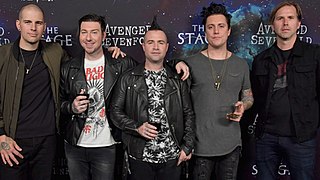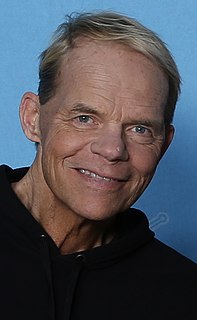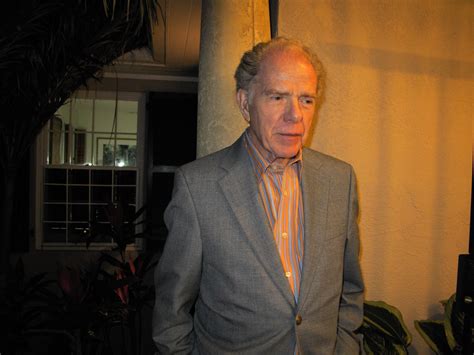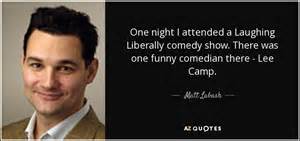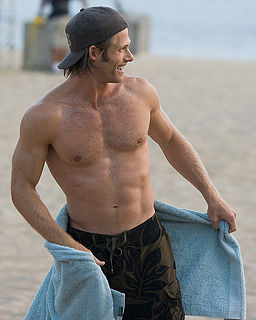A Quote by John D'Agata
'The Paris Review's mandate has been the same for fifty years. First and foremost, this magazine is for writers; the editors' task is to support and celebrate them, especially at the beginning of their careers, but also as they move forward, venturing stories that are creative, risky, new.
Related Quotes
The first review our band ever got - when I was 17 years old and we had just released our first EP, and this tiny little magazine wrote a review on it, and for that month, we were the best album of the month, and we were also the worst album of the month. We won best and worst album of the month in the same magazine.
The resistance to my work, and to my way of writing, has been there from the beginning. The first things I wrote were these short short stories collected in At the Bottom of the River, and at least three of them are one sentence long. They were printed in The New Yorker, over the objections of many of the editors in the fiction department.
About a year after (my stories began being published), magazine editor George Scithers, suggested to me that since I was so new at being published, I must be very close to what I had to learn to move from fooling around with writing to actually producing professional stories. There are a lot of aspiring writers out there who would like to know just that. Write that book.SFWW-I is that book. It's the book I was looking for when I first started writing fiction.
I was co-editor of the magazine called The Jazz Review, which was a pioneering magazine because it was the only magazine, then or now, in which all the articles were written by musicians, by jazz men. They had been laboring for years under the stereotype that they weren't very articulate except when they picked up their horn.
I want to thank the fans so much for their support through the years. Even as undeserving as I was, they were a big part of my being able to move forward and put my life back together. They're the greatest. They're the ones who make the stars. For their support throughout my career and today, I love them and thank them.
I think I've yet to do the big heave is because New York editors tend to think D.C. guys like me want to do political stories. And I hate politics for its own sake. Politics are so... I don't know, political. Which is an odd thing for a guy to say, I suppose, who has worked at a political magazine for fourteen years.
I did learn from many mistakes. First and foremost, I learned that it is important to create a wide base of support within the LDP. In forming the cabinet this time, I included almost all the members of the LDP whom I ran against during the party election for president. Also, as a result of the lessons I learned, this time my policy priorities have become very clear. This would include first and foremost restoring a robust economy. I believe this has resulted in the strong support that I am getting from the people.
When I came to Nashville, I was sort of experimenting with a new identity, experimenting with the country world and country writers. I realized I needed to take a step back from that, to be true to some of the music I've been doing over the years and to put that into the world before I move forward and redefine myself again.

